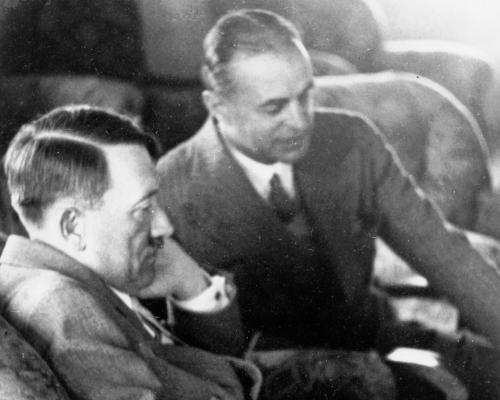
A lawyer for disgraced MP Gareth Ward has argued it would be unfair for his New South Wales parliamentary colleagues to vote on expelling him before he is sentenced for a rape conviction because Ward cannot oppose it.
But chief justice Andrew Bell, one of the three judges who oversaw the matter in the state’s court of appeal on Thursday, interjected to say Ward’s inability to attend parliament and oppose his expulsion was “driven entirely” by the fact he is remanded in custody for his crimes.
Ward faced an urgent hearing on Thursday after he sought an injunction against leader of the Legislative Assembly, Ron Hoenig, to stop his parliamentary colleagues expelling him.
He commenced the proceedings on Monday night via his lawyers from Silverwater jail, where he has been remanded pending sentencing in September.
Sign up: AU Breaking News email
Ward was found guilty in July of sexually abusing two young men in 2013 and 2015. He is appealing against his convictions, which include three counts of indecent assault and one for sexual intercourse without consent.
Ward’s injunction triggered a potential constitutional showdown after Hoenig told reporters the government did not believe the court had the constitutional power to restrain the parliament or any member from moving a motion in the lower house.
The hearing was then brought forward by a day after an urgent application by the parliament. The decision is expected to be handed down at 5pm on Thursday.
During the hearing, Ward’s lawyer, Peter King, accused the parliament of trying to conduct a “kangaroo court” and said it was among a number of reasons why parliament’s resolution to expel Ward was “punitive in nature”.
He further argued it was punitive because Ward’s expulsion would trigger a byelection and “he’s further punished in that respect, by losing the opportunity to regain his seat”.
King later compared Ward’s absence from parliament to someone who has a “serious malady or illness or cancer or something” and cannot attend parliament for nine months.
King also told the court that Ward’s convictions cannot alone be considered the “unworthy conduct” needed as grounds to expel him from parliament.
“It’s not, in our respectful submission, justice according to law to say to someone, ‘well you’ve been convicted, we’re now going to punish you by expelling you from the parliament’,” he said.
“We submit that the [common law] privilege doesn’t work that way.”
Craig Lenehan SC, who appeared on behalf of Labor MP Ron Hoenig, disputed this.
“It’s obviously open to a legislative body to form a view that a member convicted by a jury of a serious sex offence should be expelled,” he told the court.
He also disputed that the motion to expel Ward was “some sort of illicit punitive purpose”, arguing there was no evidence of this.
King told the court the parliament should at least hold off until after 19 September, when Ward is due to be sentenced.
“If he’s acquitted,” he said, referring to the fact the matter is now under appeal, “and he’s lost all the rights that an innocent man would otherwise have, his career has been trashed.”







